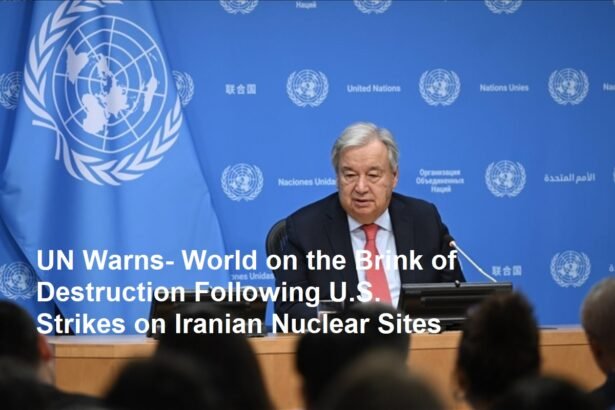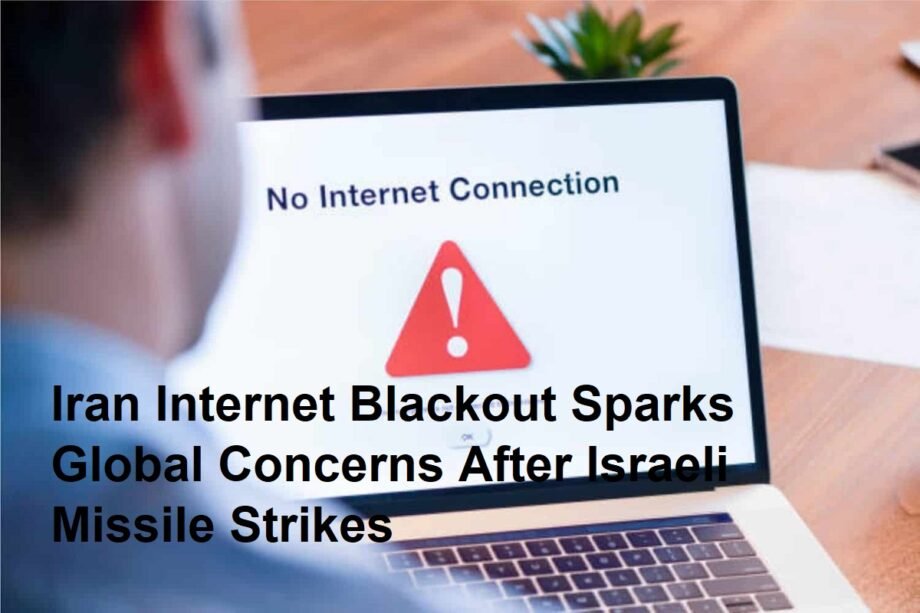Introduction
In a significant escalation of the ongoing tensions between Iran and Israel, Iran’s internet access was reported to have gone offline following a series of missile attacks attributed to Israel. The disruption of internet services in Iran raises alarming concerns about both the security and stability of critical communication infrastructure in conflict zones. This blackout not only affects ordinary citizens but also has wide-reaching implications for global communications and geopolitical dynamics.
The Context of Iran’s Internet Outage
The sudden loss of internet connectivity across Iran coincided with missile strikes reportedly launched by Israeli forces targeting strategic locations within the country. These attacks are part of a broader backdrop of escalating hostilities between the two nations, which have been locked in a series of proxy conflicts and direct confrontations over recent years.
Disabling internet access during such military escalations is often seen as a tactic to hinder communication and coordination among opposing groups. For the Iranian population, the blackout translates into decreased access to information, impaired communication with loved ones, and limited ability to engage with the global community.
Implications for National Security and Civilian Life
Internet blackouts during conflicts can severely impact both military operations and civilian resilience. For the military, controlling information flow can disrupt enemy coordination, while for civilians, it means a loss of essential communication tools that affect everyday life, including emergency response and access to real-time updates.
Moreover, Iran’s internet blackout creates concerns about cyber warfare and the vulnerability of critical infrastructure in modern conflicts. Nation-states increasingly rely on technology not only for military advantage but also for economic stability and social cohesion. Disruptions like these underscore the fragility of digital infrastructure under hostile conditions.
International Reactions and Global Security Perspectives
The international community has closely monitored the situation, expressing concerns over the humanitarian impact of such blackouts alongside the geopolitical risks of further destabilization in the Middle East. Countries around the globe recognize that the Middle East is a key strategic region, and disruptions to its communication systems can have ripple effects worldwide.
Global organizations and human rights advocates stress the importance of maintaining internet access even during conflict, as it serves as a vital lifeline for civilians and independent journalism. They call for restraint and adherence to international norms that protect civilians in cyber and physical warfare contexts.
The Role of Cyber Warfare in Modern Conflicts
The Iran internet blackout is emblematic of the increasingly blurred lines between traditional military actions and cyber warfare. Modern conflicts now often include tactics aimed at disabling digital infrastructure to gain tactical advantages or to create confusion and disruption behind enemy lines.
This digital component of warfare complicates conflict resolution efforts and presents new challenges for global security frameworks. Countries are investing heavily in cybersecurity and resilience strategies to defend against such attacks while preparing for possible retaliations and escalations in cyberspace.
What This Means for the Future
As the Iran-Israel conflict intensifies, the impact on civilian infrastructure, especially communication networks, will remain a critical concern. The internet blackout shows how modern warfare extends beyond physical battlegrounds to cyberspace, where control of information flow becomes a vital objective.
Policymakers and security experts emphasize the need for international cooperation to establish norms and protections for digital infrastructure during conflicts. Ensuring that civilian populations retain access to communication tools is essential for humanitarian reasons and for maintaining global stability in an interconnected world.
Conclusion
Iran’s internet blackout following Israeli missile attacks marks a significant and troubling development in the evolving nature of modern conflicts. The disruption highlights vulnerabilities in critical infrastructure and the expansive scope of contemporary warfare tactics. Understanding these dynamics is crucial for stakeholders worldwide as they navigate the complex terrain of Middle Eastern geopolitics, cybersecurity, and international stability.









